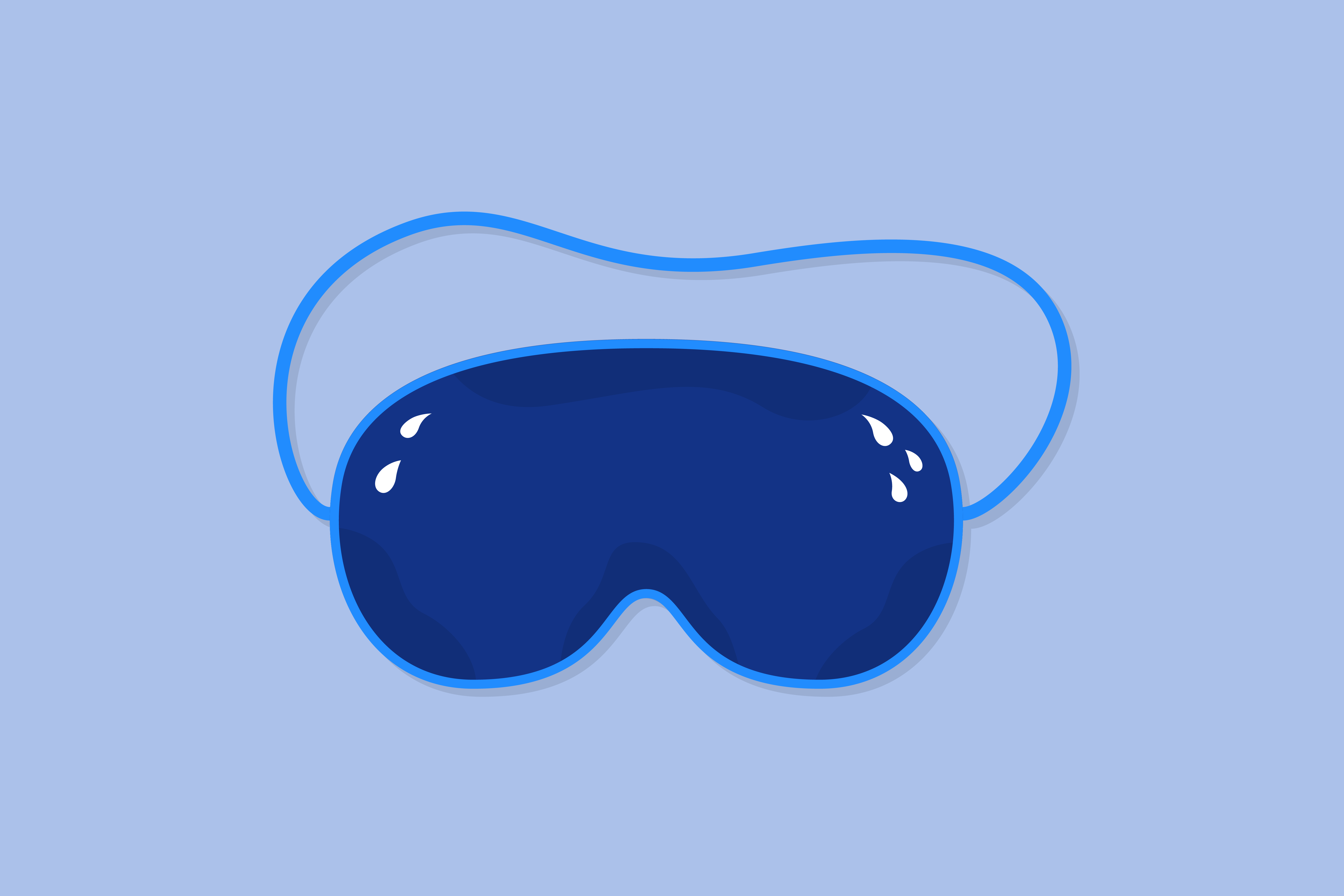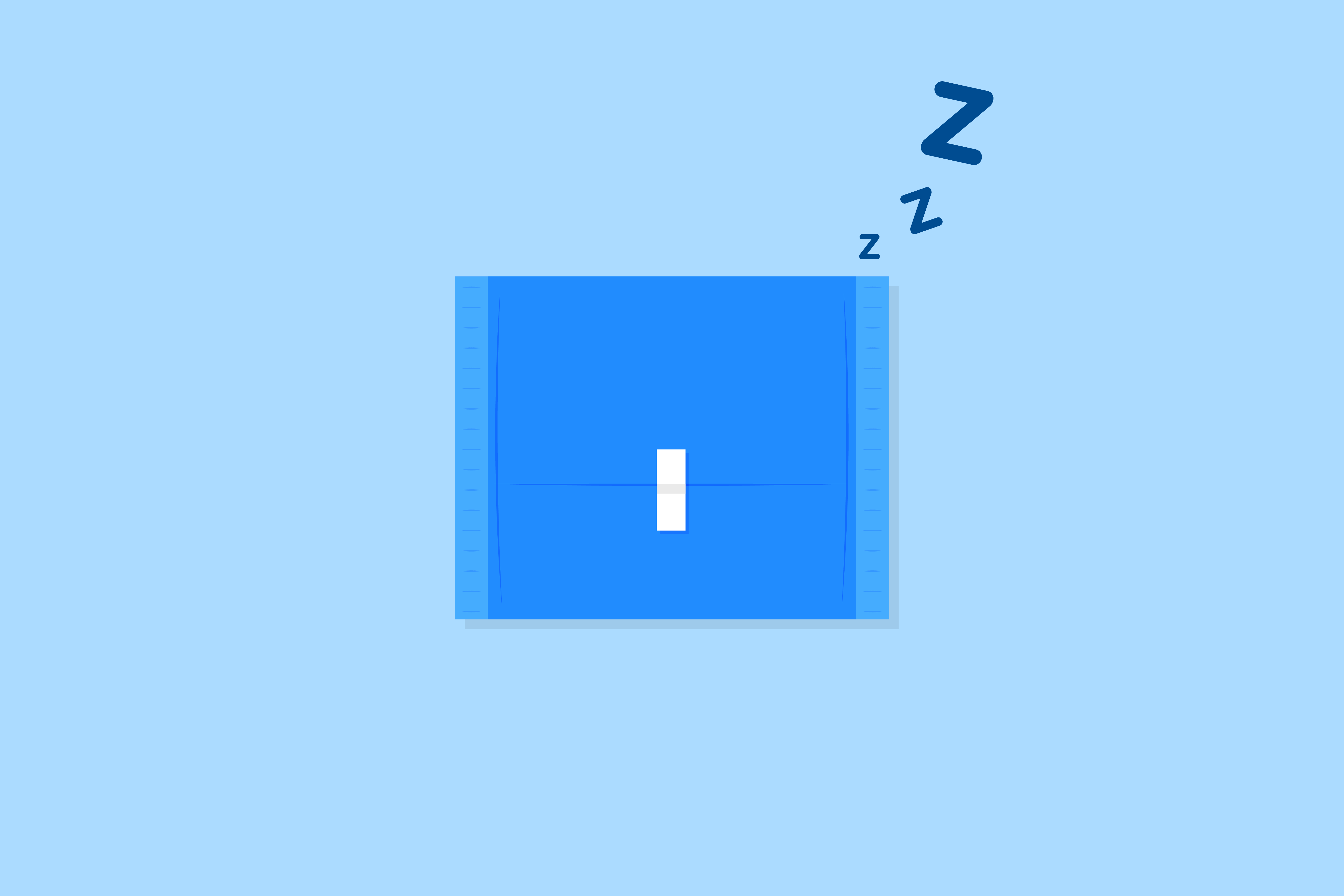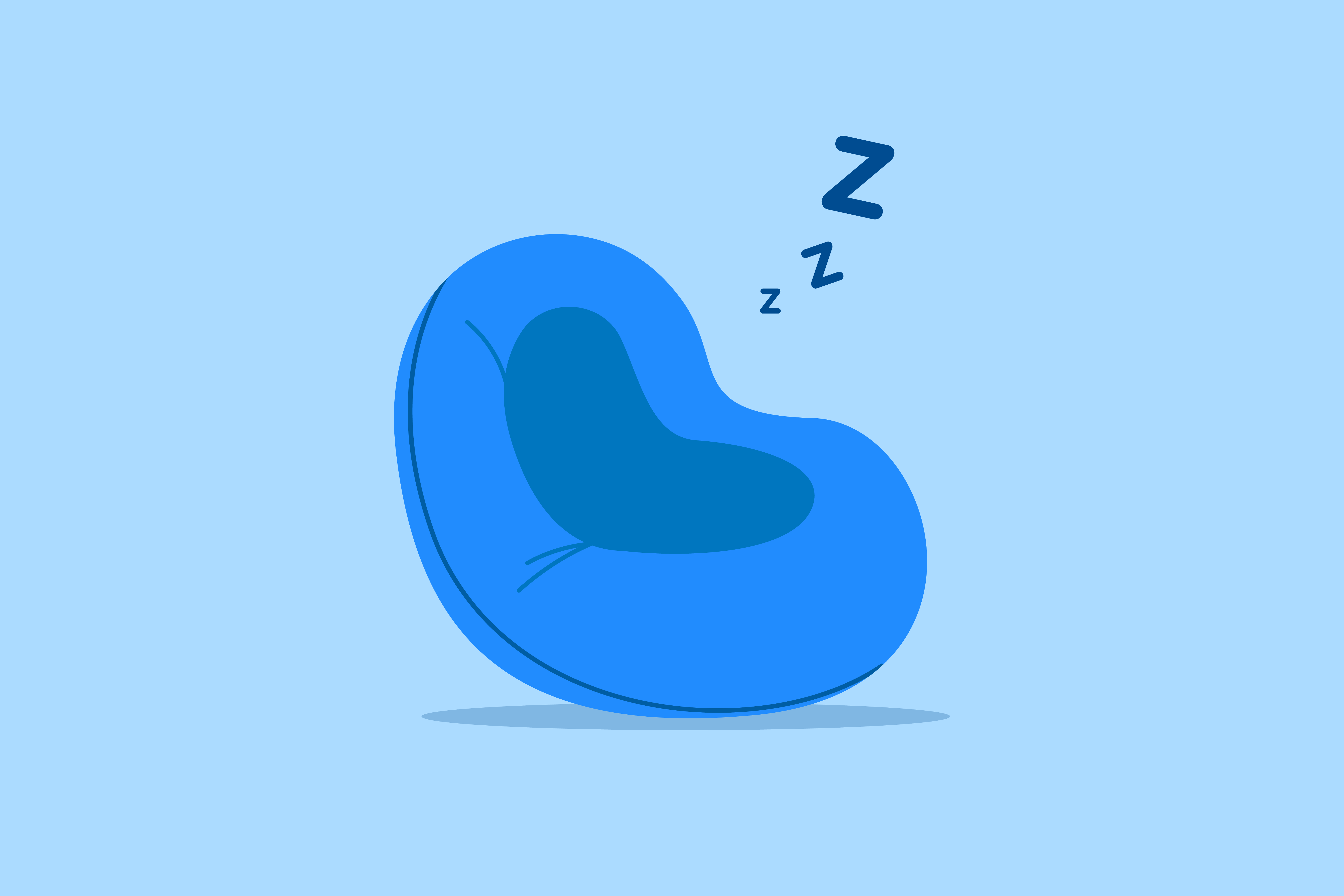Key Takeaways
- Identifying Underlying Causes: Night sweats in men can be triggered by various factors, including low testosterone levels, stress and anxiety, sleep apnea, medication side effects, infections, hyperthyroidism, hyperhidrosis, and acid reflux. Identifying the specific underlying cause is crucial in determining the appropriate treatment approach.
- Addressing Lifestyle Factors: Lifestyle adjustments such as maintaining a cool sleeping environment, using moisture-wicking bedding, avoiding stimulants, maintaining a healthy weight, and establishing a relaxing bedtime routine can help alleviate night sweats. Some supplements and topical antiperspirants may offer relief, although they should be used with caution and under the guidance of a healthcare professional.
- Seeking Medical Attention: Persistent and severe night sweats, especially when accompanied by other concerning symptoms, should prompt a visit to a healthcare professional for a comprehensive evaluation. Through a thorough medical checkup, history assessment, and potentially various diagnostic tests, the underlying cause of the night sweats can be identified, leading to appropriate management and treatment.
Night sweats are more than just an inconvenience and can be a sign of underlying health conditions. Though sweating is a normal process of thermoregulation, if it happens in the nighttime, it could be more than just that.
Night sweats are common in women and are mainly caused by hormonal imbalances. But in men, many factors contribute to this condition.
Let’s start by taking a closer look at it.
What Are Night Sweats?
Night sweats or sleep hyperhidrosis is the occurrence of Verified Source National Library of Medicine (NIH) World’s largest medical library, making biomedical data and information more accessible. View source excessive sweating during the night. It happens to the extent that it disrupts sleep and requires a change of night dress or bedding.
Unlike regular sweating, which is caused by a hot night or being in a warm room, night sweats happen regardless of the external environment.
The severity of night sweats depends on the person, but oftentimes they soak through your pajamas and bedding — leaving you feeling clammy and uncomfortable.
Night sweats can not be simply explained by external environmental factors. They are often a symptom of an underlying condition or issue that may require medical attention. If you experience night sweats, it is important to figure out the root cause.
What Are The Causes of Night Sweats in Men?
There are a variety of factors that contribute to the night sweating condition in men. Here are some of the most common causes of night sweats.
Low Testosterone Levels
A dip in testosterone levels Verified Source National Library of Medicine (NIH) World’s largest medical library, making biomedical data and information more accessible. View source can cause night sweats in men. The male hormone — testosterone Verified Source National Library of Medicine (NIH) World’s largest medical library, making biomedical data and information more accessible. View source — is responsible for regulating a range of bodily functions, including mood, muscle mass, and even body temperature.
According to Dr. Zhang, hormone imbalances plays a big role in night sweats for both men and women. For men, night sweats can occur as a result of andropause. Verified Source National Library of Medicine (NIH) World’s largest medical library, making biomedical data and information more accessible. View source Andropause or late-onset hypogonadism, a common disorder associated with testosterone deficiency, increases in prevalence with advancing age.
Low levels of testosterone affect the body’s ability to regulate temperature, which leads to episodes of night sweats.
The following factors can be a reason for low testosterone in men:
- Aging
- Certain medical conditions
- Medications
Aside from affecting sweat glands, this hormonal imbalance can cause a spectrum of other symptoms, Verified Source National Library of Medicine (NIH) World’s largest medical library, making biomedical data and information more accessible. View source such as:
- Fatigue
- Hot flashes
- Reduced libido
- Struggle to manage homeostasis or temperature regulation
- Erectile dysfunction
- Lower muscle mass
- High body fat
If your night sweats are because of testosterone imbalances, testosterone replacement therapy (TRT) Verified Source National Library of Medicine (NIH) World’s largest medical library, making biomedical data and information more accessible. View source could be a good treatment option.
Stress & Anxiety
Psychological factors and mood disorders Verified Source National Library of Medicine (NIH) World’s largest medical library, making biomedical data and information more accessible. View source have a profound effect on your overall physical well-being. Stress and anxiety activate the common and well-known fight or flight response. This condition leads to more release of cortisol and adrenaline.
These hormones are produced to help the body for quick action, which includes increasing heart rate and body temperature. However, the definite pathway of anxiety-related night sweats is still not well understood.
Anxiety and stress affect the sleep cycle. It makes it more likely for the body to experience fluctuations in thermoregulation that result in sweating.
Other psychological disorders like generalized anxiety disorder and panic disorder can exacerbate this issue, making it more severe and frequent.
Sleep Apnea
Obstructive sleep apnea Verified Source National Library of Medicine (NIH) World’s largest medical library, making biomedical data and information more accessible. View source is a sleep disorder where the person faces repeated interruptions in breathing during sleep. Though these interruptions last from a few seconds to a minute, they can disrupt your sleep.Night sweats in people with sleep apnea are a lesser-known side effect than snoring. But it is still a significant symptom of a sleep disorder that needs treatment.
The interrupted breathing of obstructive sleep apnea stresses the body as it affects oxygen levels. It triggers a fight or flight response which releases stress hormones that increase heart rate and body temperature leading to night sweats.
Other than night sweats, sleep apnea is associated with loud snoring, daytime fatigue, excessive daytime sleepiness, and morning headaches.
Central sleep apnea may also trigger night sweats in men. The difference between central sleep apnea and obstructive sleep apnea lies in why sleep-disordered breathing occurs. Central sleep apnea is when the brain fails to send signals to the muscles that control breathing, while obstructive sleep apnea is characterized by physical blockage or collapse of the airway during sleep.
Medication
Some medications can cause excessive sweating and can be a reason for night sweats. Some commonly known medicines like antidepressants, Verified Source National Library of Medicine (NIH) World’s largest medical library, making biomedical data and information more accessible. View source antipyretics, steroids, antihistamines, xanthines, and hormone replacement therapies can lead to excessive sweating during sleep. SSRIs Verified Source National Library of Medicine (NIH) World’s largest medical library, making biomedical data and information more accessible. View source , the most prescribed type of antidepressant, including Zoloft and Prozac, in particular can cause night sweats.
The body reacts to these substances by altering its thermoregulation process, which results in night sweats.
If your night sweats symptoms started recently, and you are on medications, it is best to consult with your healthcare professional.
Infections
Night sweats are sometimes a symptom of infectious diseases like TB or tuberculosis, bacterial infections, and even HIV can lead to elevated body temperature and night sweats.
As a response to these infections, the body’s immune system results in fever and sweating Verified Source National Library of Medicine (NIH) World’s largest medical library, making biomedical data and information more accessible. View source to fight off the infection.
If you are experiencing night sweats along with other symptoms like fever, weight loss, or persistent cough, it is very likely that you might have an infectious disease.
Overactive Thyroid Gland
A too-active thyroid or hyperthyroidism Verified Source National Library of Medicine (NIH) World’s largest medical library, making biomedical data and information more accessible. View source can lead to an increase in the body’s metabolic rate, resulting in heightened heat production and subsequent episodes of excessive sweating, particularly during sleep. If your night sweats are accompanied by other common symptoms such as weight loss, increased heart rate, anxiety, and fatigue, consult a healthcare professional for proper evaluation for hyperthyroidism and management of thyroid function.
Hyperhidrosis
Hyperhidrosis Verified Source National Library of Medicine (NIH) World’s largest medical library, making biomedical data and information more accessible. View source is a medical condition in which the body’s normal requirements for cooling exceed the normal and cause excessive sweating. This condition often affects hands, feet, and armpits and can also cause night sweats.It can be diagnosed individually as a standalone disease or can be a symptom of another medical condition. This condition significantly affects the quality of life by bringing discomfort, sleep disturbances, and social anxiety to your life.
Acid Reflux or GERD
GERD can affect sleep in many ways, commonly through heart burn that causes enough discomfort that it’s difficult to fall asleep. However, it can also cause night sweats in men.
The mechanism behind this connection between acid reflux and sweating Verified Source National Library of Medicine (NIH) World’s largest medical library, making biomedical data and information more accessible. View source is not entirely clear, but it is believed that the discomfort and pain caused by GERD may trigger a stress response in the body, leading to increased sweating. Another way nighttime reflux can disrupt sleep is by leading to an increased body temperature, contributing to night sweats.
If you are experiencing night sweats along with recurring symptoms of acid reflux, it is important to consult a healthcare professional for an accurate diagnosis and appropriate management of your condition.
Other Possible Causes
Other factors like physical activity close to bedtime and room temperature can also cause night sweating.
You need a maintained room temperature to fall asleep. An intense workout close to bedtime can elevate your body temperature for several hours.
Dr. Zhang recommends a lower temperature in your bedroom to improve your sleep quality, “Each person can have a different ideal temperature for falling asleep, but it generally falls between 60 to 67 degrees Fahrenheit (15.5 to 19.4 degrees Celsius).”
Other factors, such as dehydration, eating a spicy or heavy meal, can lead to night sweats for some people, according to Dr. Zhang. It’s helpful to keep a journal and see if there’s a pattern for night sweats, that way you can avoid the trigger.
Some individuals may be genetically predisposed to excessive sweating than others. If night sweats are a common condition in your family, you may be more likely to experience them too.
Tips to Reduce Night Sweats
To reduce night sweats, you need a multifaceted approach that addresses both your lifestyle factors and any underlying medical conditions that you might be facing. Here are some tips to help you manage night sweating.
- Medical Checkup: The first step is to figure out what’s causing night sweats. It is best to see your healthcare professional as the very first step for diagnosis and treatment. You should also get your current medicines checked to know if night sweating is a side effect.
- Keep Your Room Cool: It is advised to keep your room cool at a low temperature. Consider using a fan or air conditioner to regulate room temperature.
- Choose the Right Bedding: Opting for lightweight, moisture-wicking sheets and sleepwear is a wise choice here. It will help absorb sweat and keep you dry.
- Avoid Stimulants: Caffeine and spicy foods at dinner or close to bedtime can interfere with the thermoregulation process of your body and exacerbate night sweats.
- Maintain a Healthy Weight: In some people, exercise may be a cause of night sweats. However, obesity is a risk factor for causing hormonal imbalances and other conditions that may cause night sweats, such as sleep apnea.
- Establish a Relaxing Nightly Routine: Practices like a soothing cup of caffeine-free tea for sleep, deep breathing exercises, or reading before bed can help lower stress hormones that may contribute to sweating.
- Supplements: Some supplements like sage, magnesium, vitamin D, and calcium may aid in temperature regulation. Talk to your doctor before trying any new supplements.
- Topical Antiperspirants: Over-the-counter antiperspirants containing aluminum chloride can be applied before bed to help mitigate sweating. Natural options like sage oil may also help.
While not a substitute for medical care, making a few simple changes to your daily habits and bedroom setup can help provide some relief from disruptive night sweats. Be sure to consult your doctor if sweating persists or worsens.
FAQs
When should I be concerned about night sweats?
If the night sweats are frequent and severe and you are experiencing other symptoms like persistent fever, unexplained weight loss, prolonged cough, enlarged lymph nodes, or pain, you should be concerned about it. We suggest you promptly seek medical advice by consulting with a trusted healthcare professional immediately.
Furthermore, if night sweats significantly disrupt sleep or do not improve with basic measures, consulting a healthcare professional is crucial for identifying any potential underlying health issues and ensuring appropriate management.
How do men treat night sweats?
To treat night sweats, it is essential to address the underlying health condition causing the condition. Healthcare professionals prescribe antiperspirants, antidepressants, body creams, and sometimes, nerve-blocking drugs.
For individuals experiencing night sweats due to hormonal changes, certain medications or hormone therapies may be recommended. Additionally, lifestyle adjustments such as maintaining a cooler sleeping environment and using moisture-wicking sleepwear can help alleviate symptoms and improve sleep quality.
Are night sweats a health issue?
In most cases, night sweats are temporary and not so serious or concerning. However, if you are experiencing the condition persistently, it can be a sign of a medical condition or a side effect of any medication you are taking.
Conditions such as infections, hormonal imbalances, certain medications, and even some types of cancer can lead to night sweats. Persistent or severe night sweats warrant medical evaluation to identify and address any potential health issues.
What is the diagnosis of night sweats?
Diagnosing the underlying cause of night sweats typically involves a comprehensive evaluation by a healthcare provider. You may experience a thorough medical checkup, initial history, physical examination, and potentially various diagnostic tests such as blood work, imaging studies, and specialized assessments based on the suspected cause.
In men, night sweats are commonly associated with gastroesophageal reflux disease, hyperthyroidism, and obesity.
Are night sweats linked with heart problems in men?
Night sweats are not commonly directly associated with heart problems in men. However, in some cases, night sweats can be indicative of other conditions that may impact cardiovascular health, such as infections or endocrine disorders.
If you are experiencing nighttime sweating accompanied by other symptoms like chest pain and shortness of breath, they can be a sign of a heart-related condition called subacute endocarditis. You should seek medical attention immediately for better treatment and assess any potential impact on heart health.
Conclusion
There are multiple conditions and factors that trigger night sweats in men, and many are different from what triggers night sweats in women. Though they are perplexing and uncomfortable, many times, the condition is temporary.
However, if you are experiencing persistent night sweats, that needs medical attention. For effective treatment, it is necessary to consult with a healthcare professional for better diagnosis.
You can also make some adjustments to your lifestyle and maintain your bedroom temperature for better quality sleep.
About the author
Mitchell Tollsen is a graduate student and a freelance writer who’s contributed to the Early Bird blog for three years. Mitchell’s always been fascinated by the science of sleep and the restorative processes our bodies undergo when at rest. The self-titled “Sleep Expert” is always looking for ways to improve his shut-eye, and throughout the years has implemented numerous lifestyle changes and tried dozens of sleep-promoting gadgets to determine the best ways to truly get better rest.
View all posts





